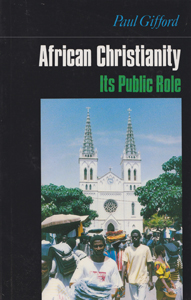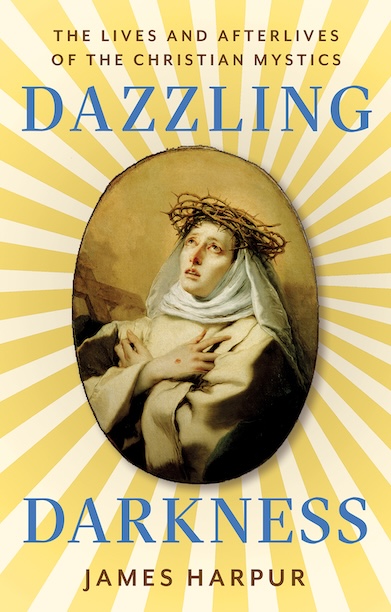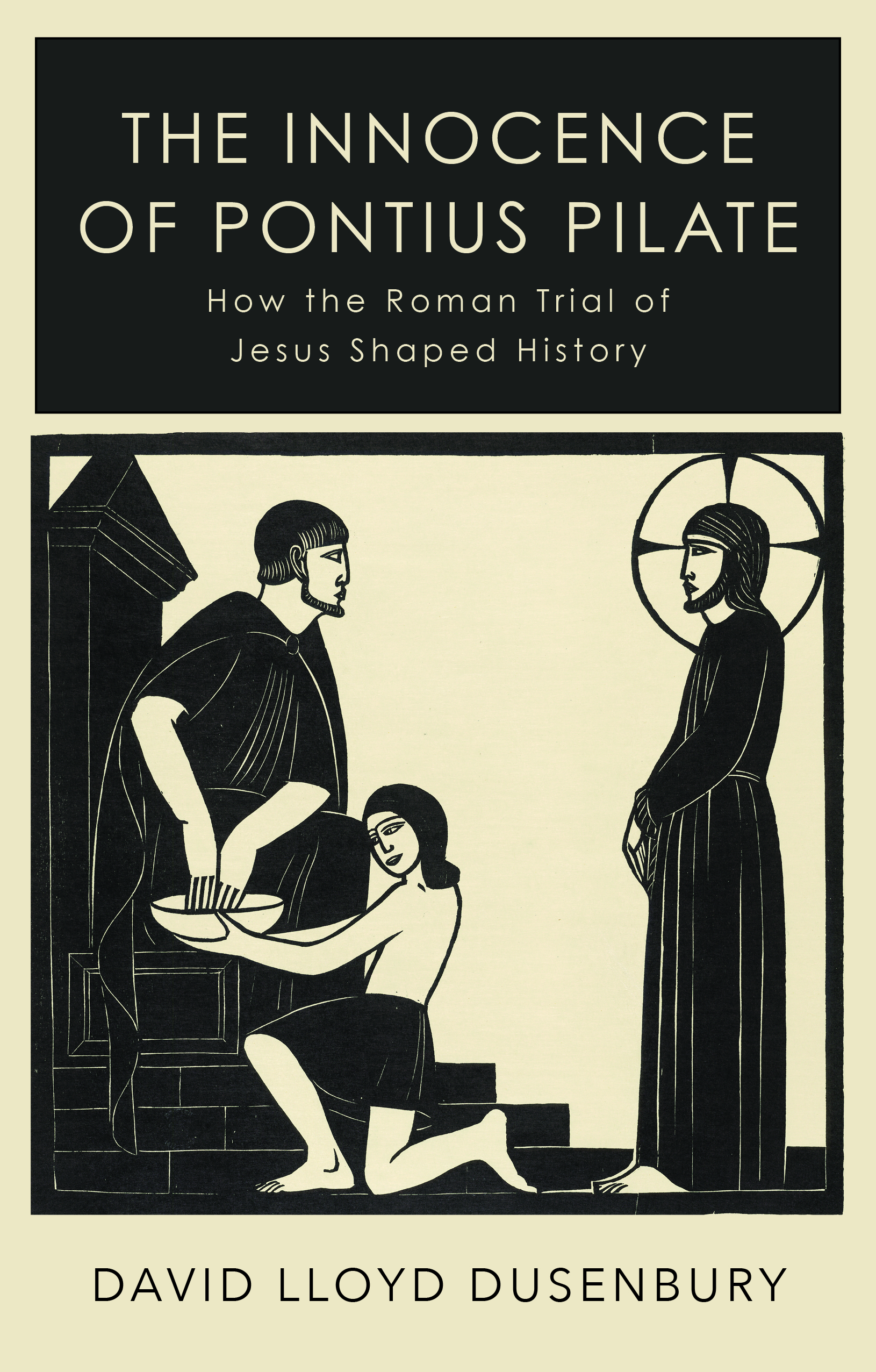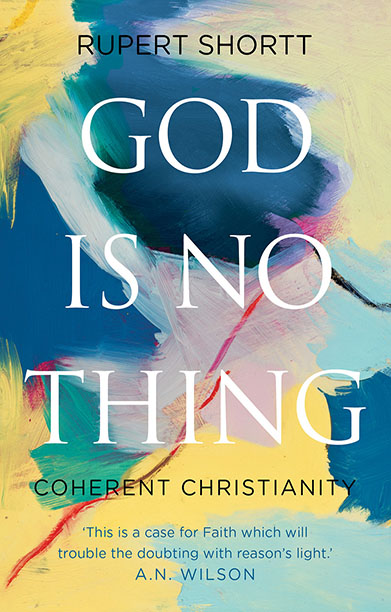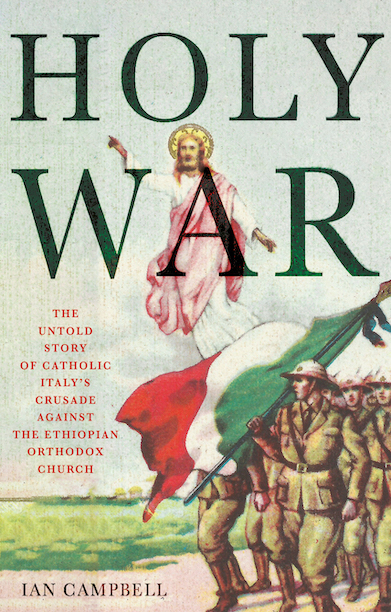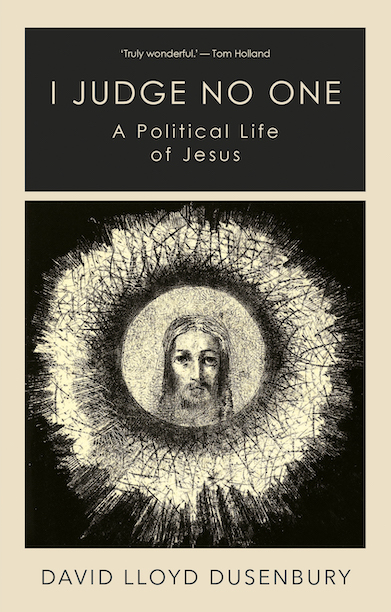Description
This text analyses African Christianity in the mid-1990s, against the background of the continent’s current social, economic and political circumstances. Paul Gifford employs concepts taken from political economy to shed light on the current dynamics of African churches and churchgoers, and assesses their different contributions in political developments since 1989. He also evaluates the Churches’ role in promoting a civil society in Africa. Four detailed case-studies – Ghana, Uganda, Zambia and Cameroon – cover all strands of Christianity: Catholic, Evangelical, mainline Protestant, Pentecostal and Independent. These serve as detailed analyses of the state of the churches in each country and suggest more general patterns operating widely across sub-Saharan Africa.
Reviews
‘This is by far the most informative book about contemporary African Christianity around; nobody could have written a study as richly detailed and as informed by real insider knowledge as [Gifford] has done. . . . It will be the most significant study of African Christianity to appear at a time when its importance for Africa is becoming ever more widely recognized.’ — J. D. Y. Peel, Emeritus Professor, Department of Anthropology and Sociology, SOAS
Author(s)
Paul Gifford is Emeritus Professor of Religion at SOAS, University of London. He is the author of several works on African Christianity, including African Christianity: Its Public Role, Ghana's New Christianity: Pentecostalism in a Globalising African Economy and Christianity, Politics and Public Life in Kenya, all of which were published by Hurst.
